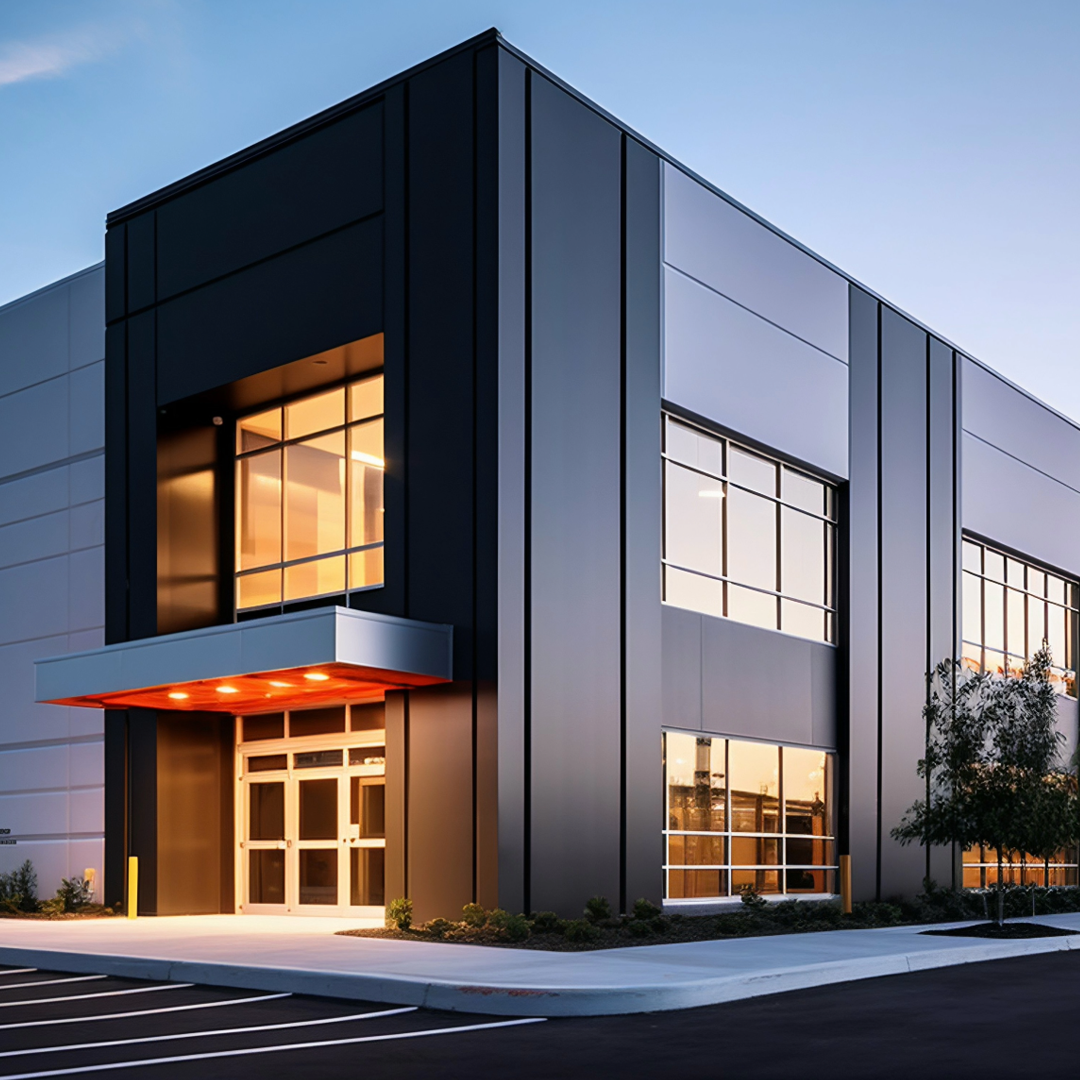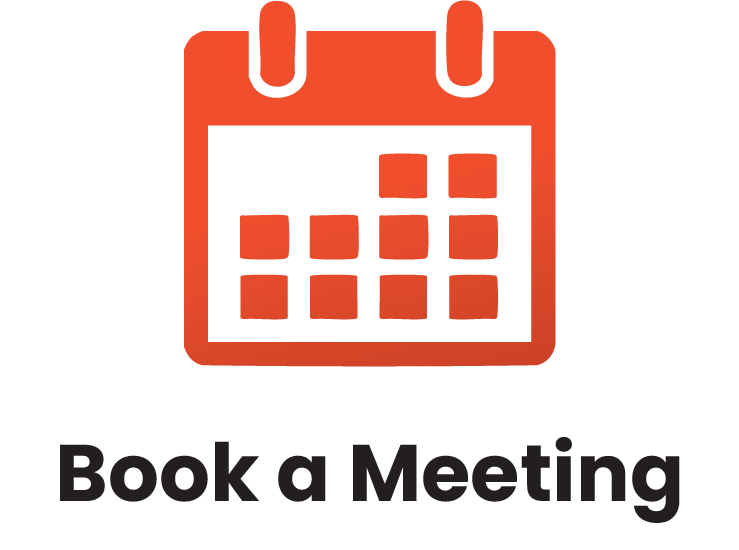
Encouraging Sustainability and Social Responsibility in Business
The ideas behind encouraging sustainability and social responsibility in business seem noble, as organizations commit to creating optimal circumstances for people to live and work. The reality is that every company, whether it is a micro-business or a large multinational corporation, can take steps to create sustainable, socially responsible environments that contribute to positive workplaces, communities, and futures.
Interactive training sessions led by experienced facilitators.
There is no cost to explore options.
Let's Get Started
Online Learning
Enjoy our self-paced option and learn from anywhere!
$199.00 USD
LEARNING OBJECTIVES
Learning Objectives
This one-day workshop will help you teach participants how to:
- Define sustainability and social responsibility
- Discuss the principles of social responsibility in business
- Apply the principles of sustainability and social responsibility in the context of ISO 26000
- Develop a program for sustainability and social responsibility in business
Let's Get Started


COURSE OUTLINE
You will spend the first part of the day getting to know participants and discussing what will take place during the workshop. Students will also have an opportunity to identify their personal learning objectives.
What is Corporate Social Responsibility?
Corporate social responsibility can be defined in many ways. This session will give students a grasp on what it is and how it can fit into a business. A business case for corporate social responsibility is a good place to start and that is discussed here along with ways to frame your business case. The session also covers the pre-assignment.
Creating a Corporate Social Responsibility Program
Once your students have a grasp on what corporate social responsibility is, then it’s time to move on to creating a program at their workplace. Implementing a program will benefit from using a project management approach and this session showcases different areas of a project by, including the project vision, project plan, engaging stakeholders, implementation tips, and measurement and reporting tools.
Corporate Social Responsibility Principles
This session shows how a system for sustainability eases the transition for all the parties involved. Here, students will discuss the ISO 26000 sustainability framework: due diligence, human rights, organizational governance and ethics, operating practices, and labor practices.
Environmental Awareness and Sustainability
Environmental issues are often a large part of a corporate social responsibility project. This session takes students through these issues from the perspectives of creating community, managing consumer issues, and building community involvement.
Workshop Wrap-Up
At the end of the course, students will have an opportunity to ask questions and fill out an action plan.














